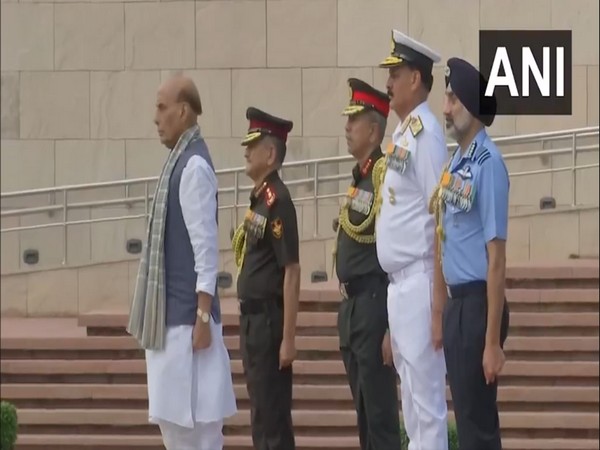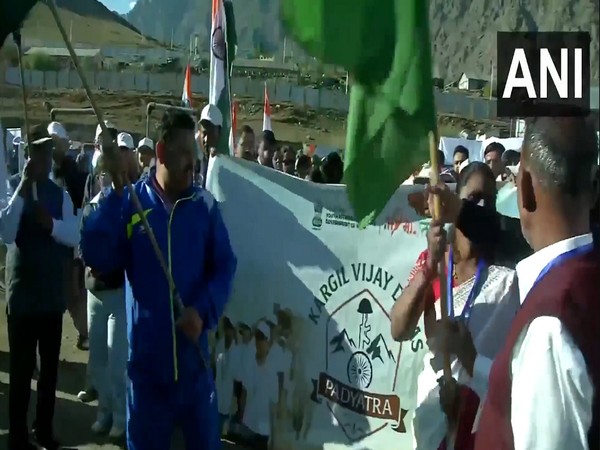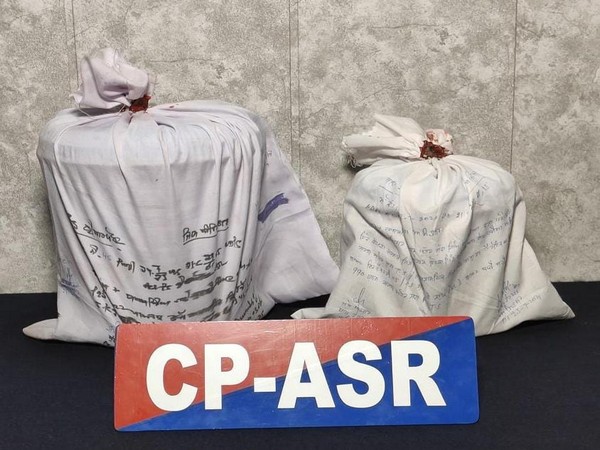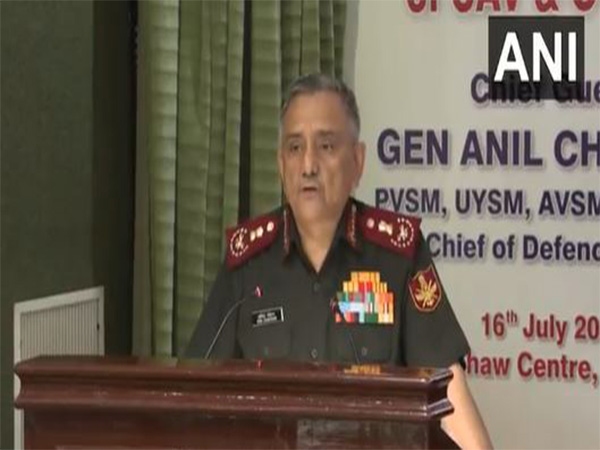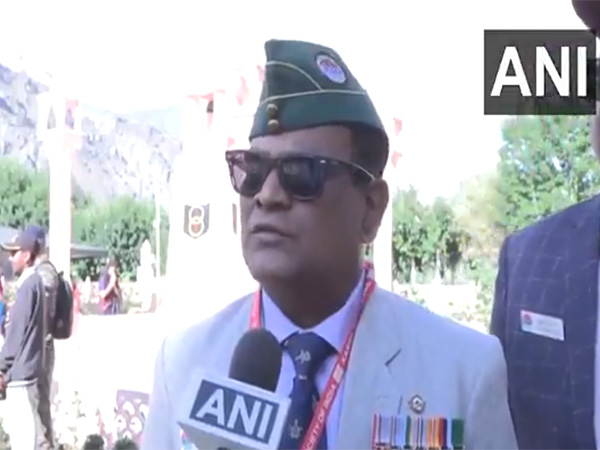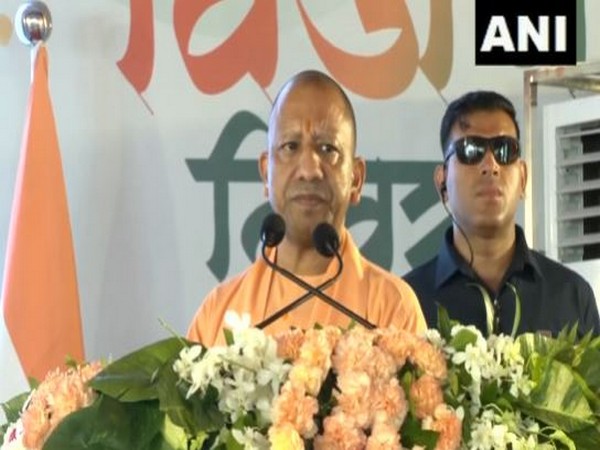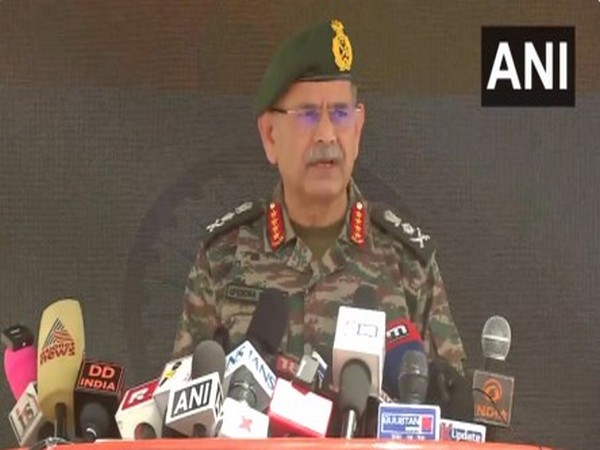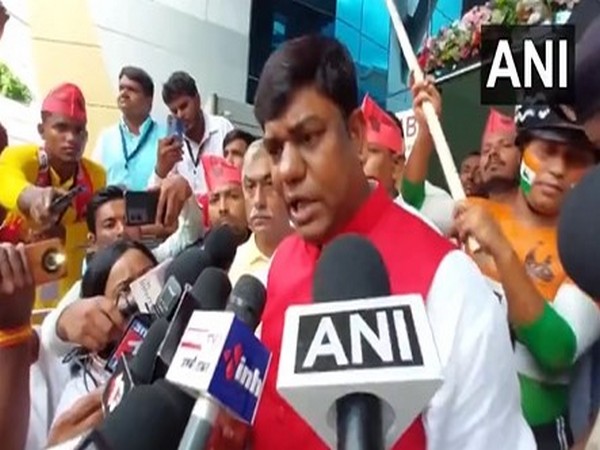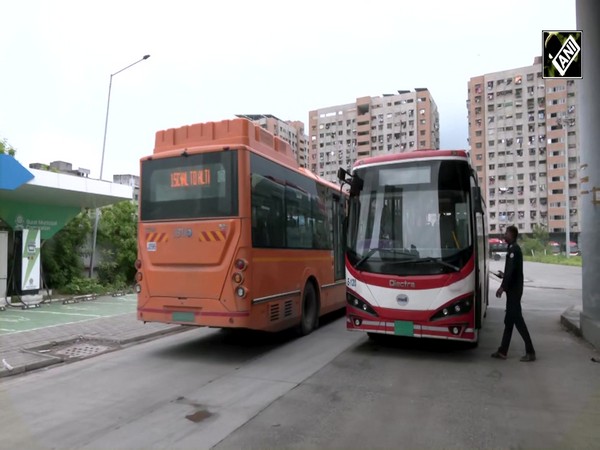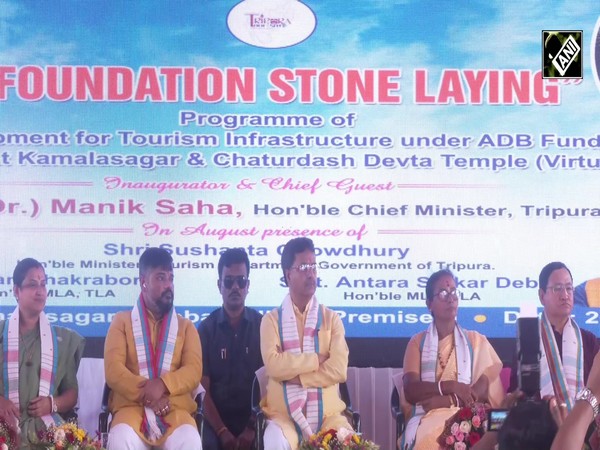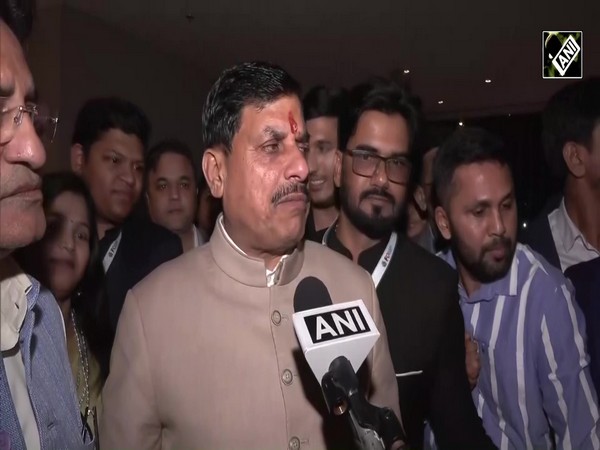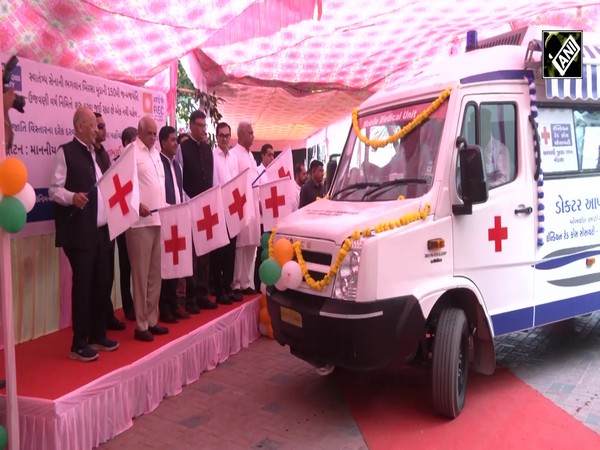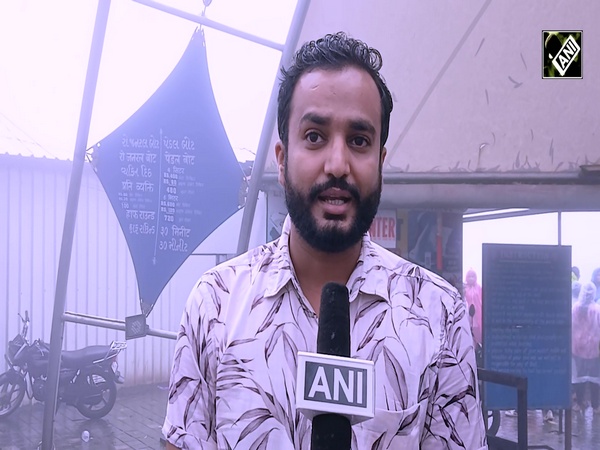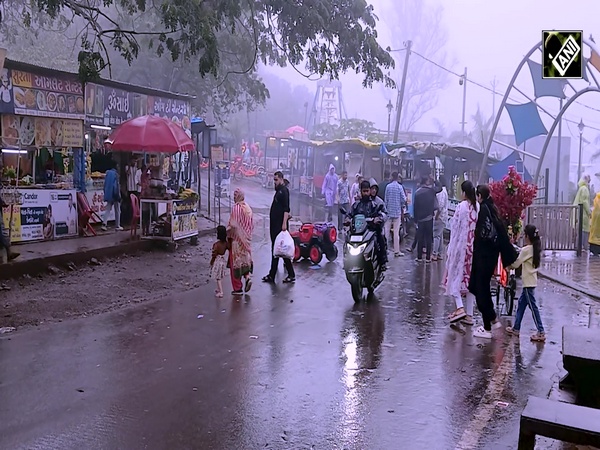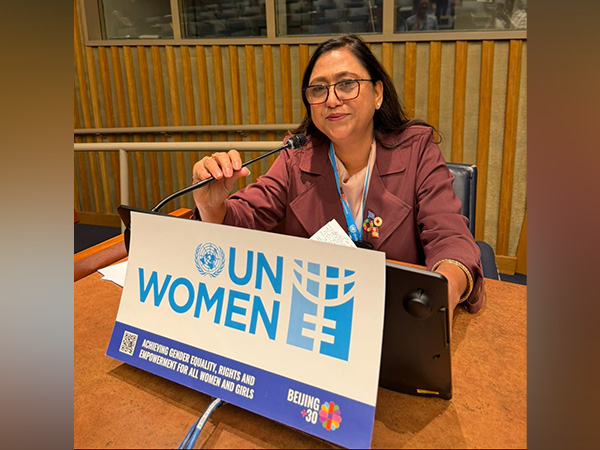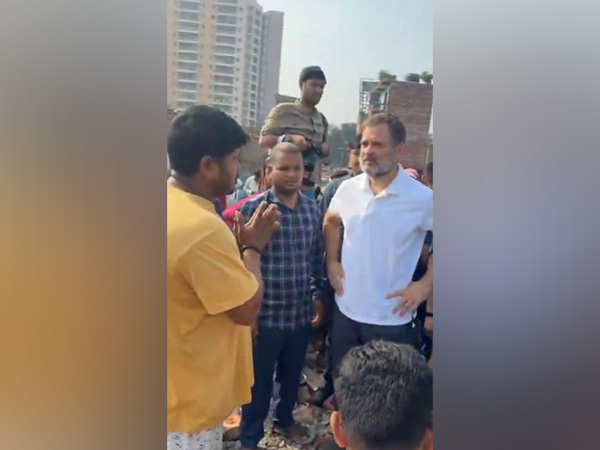
Rahul Gandhi visits Delhi's Ashok Vihar, meets with families displaced in demolition drive
Jul 25, 2025
New Delhi [India], July 25 : Leader of the Opposition in the Lok Sabha and Congress MP Rahul Gandhi, on Friday, visited Jailerwala Bagh and Wazirpur areas in Ashok Vihar in the national capital, where the Delhi Development Authority (DDA) allegedly demolished over 500 slum dwellings. During his visit, he met with families displaced by the demolition drive.
Congress, in a post on X, shared a video of Rahul Gandhi's visit to the area and alleged that the BJP government's "ruthless" action constitutes outright injustice.
"Today, Leader of Opposition Shri @RahulGandhi reached Jailerwala Bagh and Wazirpur in Ashok Vihar, where DDA has demolished over 500 slums, rendering people homeless. Rahul Gandhi ji met the affected families there, shared their pain, and listened to their problems," a Congress post on X said.
"The way the BJP government is ruthlessly destroying the homes of the poor is an outright injustice. We stand firmly with these affected families and will strive to ensure they receive every possible justice," it added.
The visit comes against the backdrop of repeated allegations by opposition parties accusing the newly formed BJP government of carrying out widespread slum demolitions across the national capital.
Earlier in the day, Congress leader and Leader of Opposition in the Lok Sabha, Rahul Gandhi, on Friday admitted that not conducting a caste census during the UPA government was a mistake and said he is now determined to correct it.
Addressing the 'Bhagidari Nyay Sammelan' of OBC at Talkatora Stadium in Delhi, he said he failed to understand the issues of the Other Backward Classes (OBC) community earlier, unlike those of Dalits, tribals, and women, where he claimed the Congress had done commendable work.
"I think about my work, where I did well and where I fell short, and I see two to three things. Land Acquisition Bill, MNREGA, Right to Food, Tribal Bill, and Niyamgiri struggle--all these things I did well. As far as the issues of tribals, Dalits, and women are concerned, I should get good marks there. I did good work," he said.
"One shortcoming remained in the Congress Party and my work: I didn't protect the OBC community the way I should have. The reason is that I didn't deeply understand the OBC issues at that time. Ten to fifteen years ago, I understood the difficulties faced by Dalits. Their issues are visible; they are easily understood, but the problems of OBCs remain hidden. If I had known about your issues and problems at that time, I would have conducted a caste-based census right then. That was my mistake, which I am going to correct," he said, adding that in a way, it's good that it happened, because if I had conducted a caste-based census back then, it wouldn't have been like it is today.
He added that Dalits, backward classes, tribals, and minorities make up 90 per cent of the country's population yet remain excluded from key decision-making processes, including the Union Budget.
"In the country, the population of Dalits, backward classes, tribals, and minorities together constitutes about 90 percent. But when the halwa was being distributed after the budget was prepared, there was no one from this 90 percent population present. 90 percent of the population of the country is the productive force. You are the ones making the halwa, but they are the ones eating it. We are not saying that they shouldn't eat the halwa, but at the very least, you should get some too," he said.

